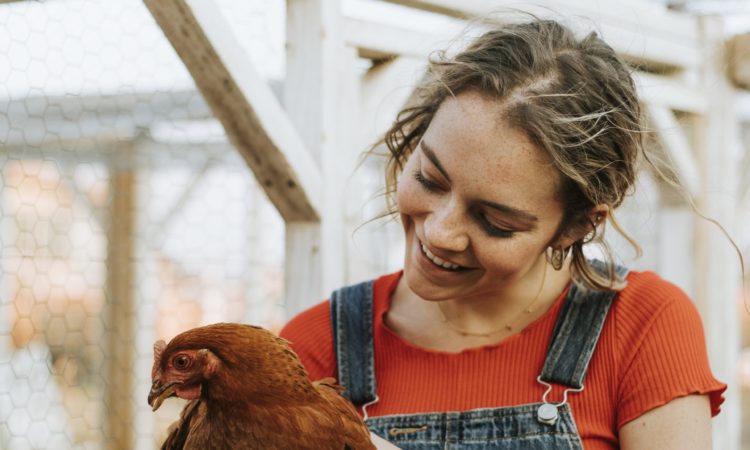There are a number of things that aren’t well-publicized about having chickens. If you’re considering joining the backyard chicken movement but haven’t yet, we hope you’ll read the following facts and take them into account in your decision-making:
LIFE SPAN OF A LAYING HEN
- Hens can live as long as cats or dogs, but their laying capacities begin to diminish after the age of 3. To maintain an ample supply of eggs, you will need to add new members to your flock over time.
- Remember that although your older hens may not be laying as much in later years, they provided you well and deserve a happy retirement.
ORDERING BY MAIL
- Very few people want roosters or are allowed to have them in the area they live. This means that male chicks are almost universally disposed of in various and very unpleasant ways immediately after hatching. We asked one hatchery to find out what they do with male or otherwise unwanted chicks: Murray McMurray Hatchery said they contract with people who raise unwanted chicks until they’re of an age when they can be slaughtered for meat.
- Chicks have been sent by mail for over 100 years, but note that having one or more chicks die in transit is possible. My Pet Chicken states that about 1 out of 100 chicks is their average loss.
ADOPTING CHICKENS
You can also consider adopting chickens. Many are available through local chicken reservists and at shelters and sanctuaries. Or buy locally from other local chicken enthusiasts. Just be sure to quarantine your new bird(s) for at least a couple of weeks to help prevent the spread of any hidden disease that may show up during that time.
PREDATORS
We can’t stress strongly enough that even in a town or city any number of other animals would like to eat your chickens. Predators include just about every meat-eating creature out there – coyotes, foxes, fisher cats, owls, hawks, ravens, racoons, skunks, ermines, weasels as well as raptors. The worst predator of all is neighborhood dogs. For this reason, chickens require absolutely secure housing and fencing or you will most likely lose them.
EXTREMES IN WEATHER
- Chickens, like all of us, need to be protected from extremes in temperature some chicken owners say. Others say chickens can survive with no extra heat. For me and my chickens, they have an insulated coop with a heat lamp that runs if the temperature drops below freezing.
- In areas with very cold winters, you might want to consider both an insulated coop and the VERY careful use of a heat lamp. Chickens can be susceptible to frostbite, especially on combs and wattles, so keep an eye out for blackening of those areas. When choosing chickens, consider breeds that are more suited to the cold; for example, Brahmas have feathered feet and small combs and wattles.
- In hot weather, chickens will pant to bring their temperature down, but that may not be enough. It’s critical to provide shade, to offer enough cold water, and to circulate air with a fan, if possible. If a chicken is showing signs of heat stroke, you can submerge them up to their necks in a bucket or sink of tepid water.
MEDICAL CARE
- Educate yourself about basic issues and diseases – there are several excellent books available.
- Before you get chickens, query people who have chickens and/or look on-line so that you have the name of a veterinarian who is familiar with backyard chickens and can care for them as necessary.

